The process of awakening is a remarkable experience when doing it alone, but it seems to me that having a teacher allows a person to truly understand the experience and experience it fully.
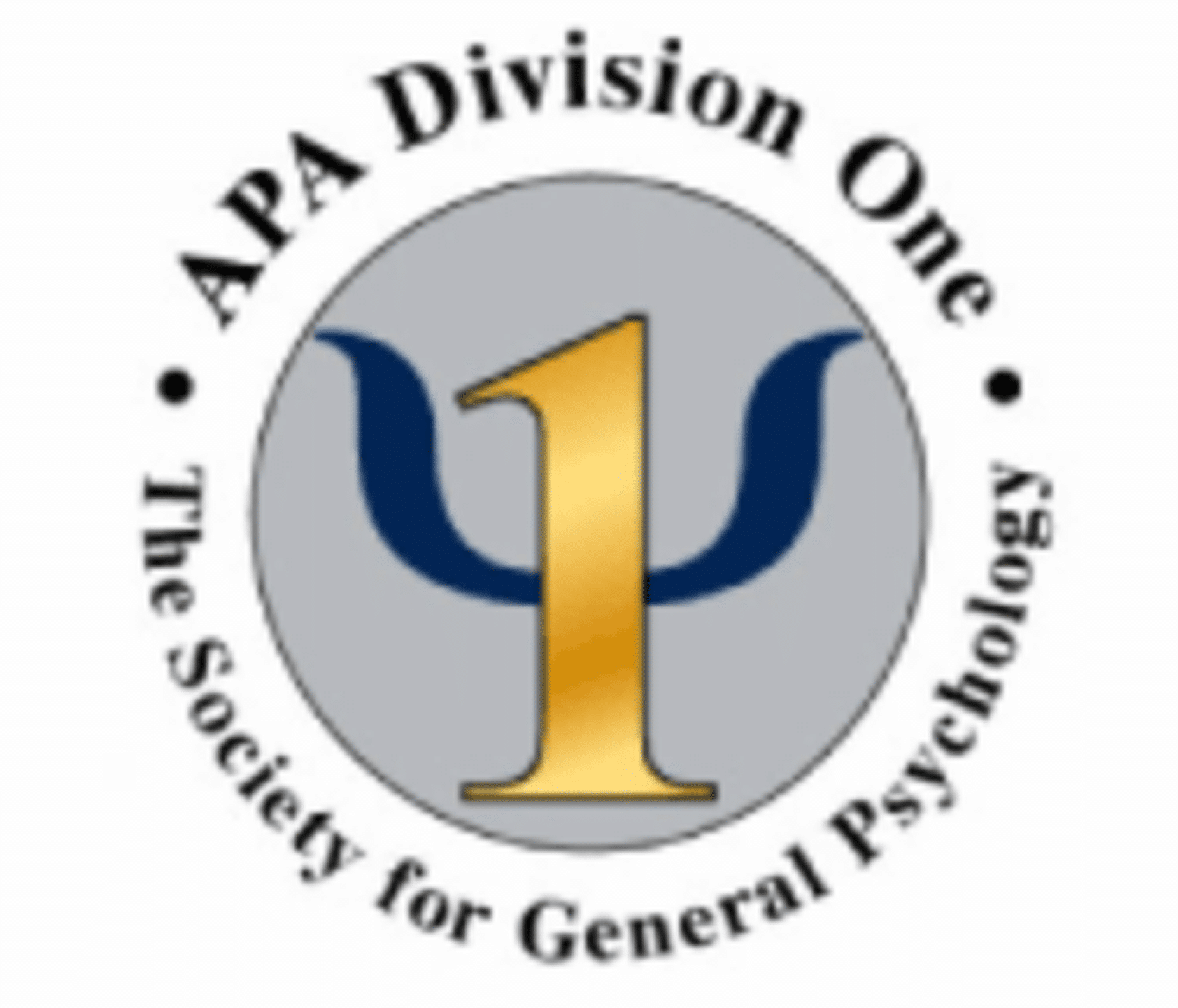
This quiz is an abbreviation of the full CLINQOL Scale (Citation: Jones & Drummond, 2022).




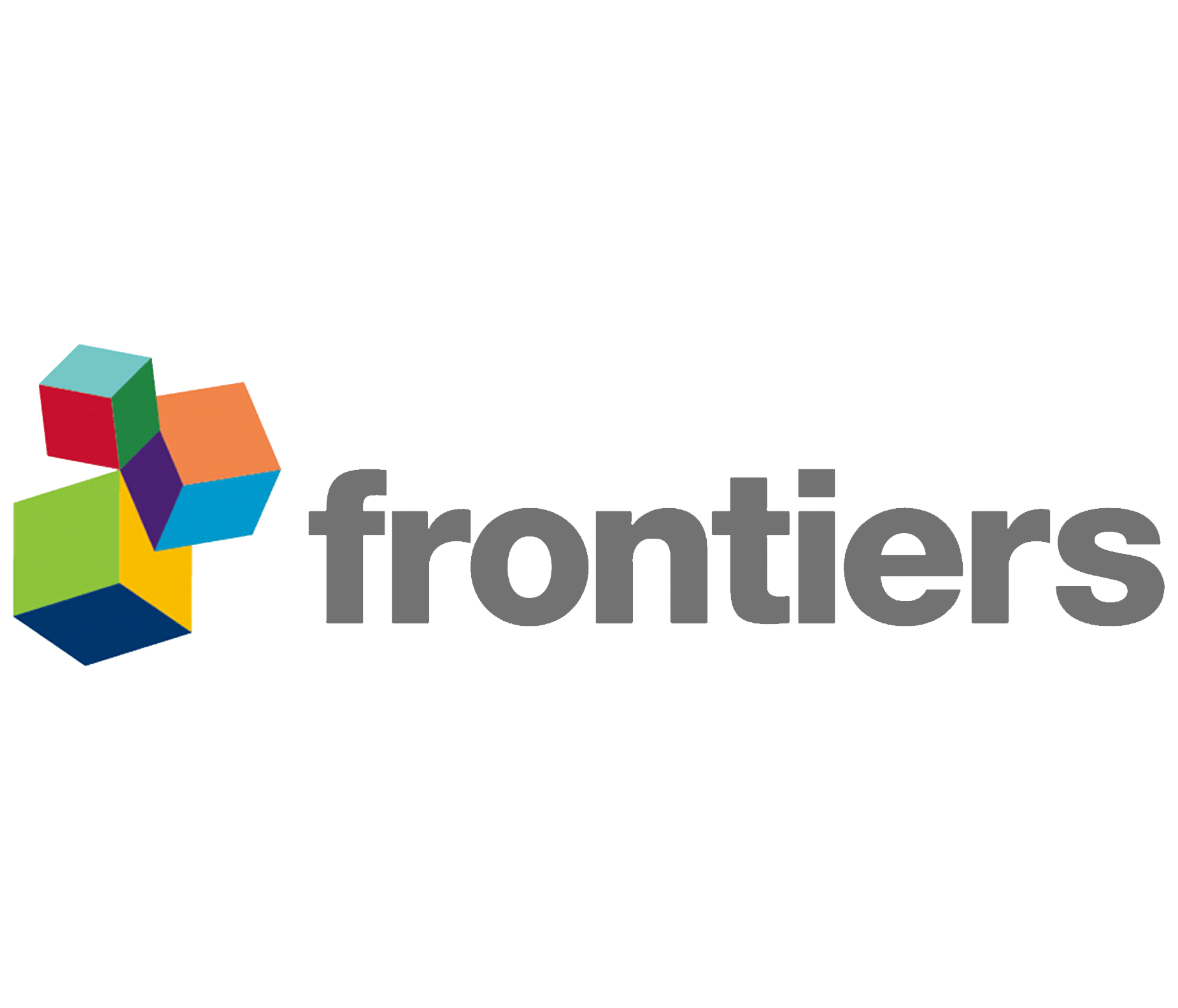
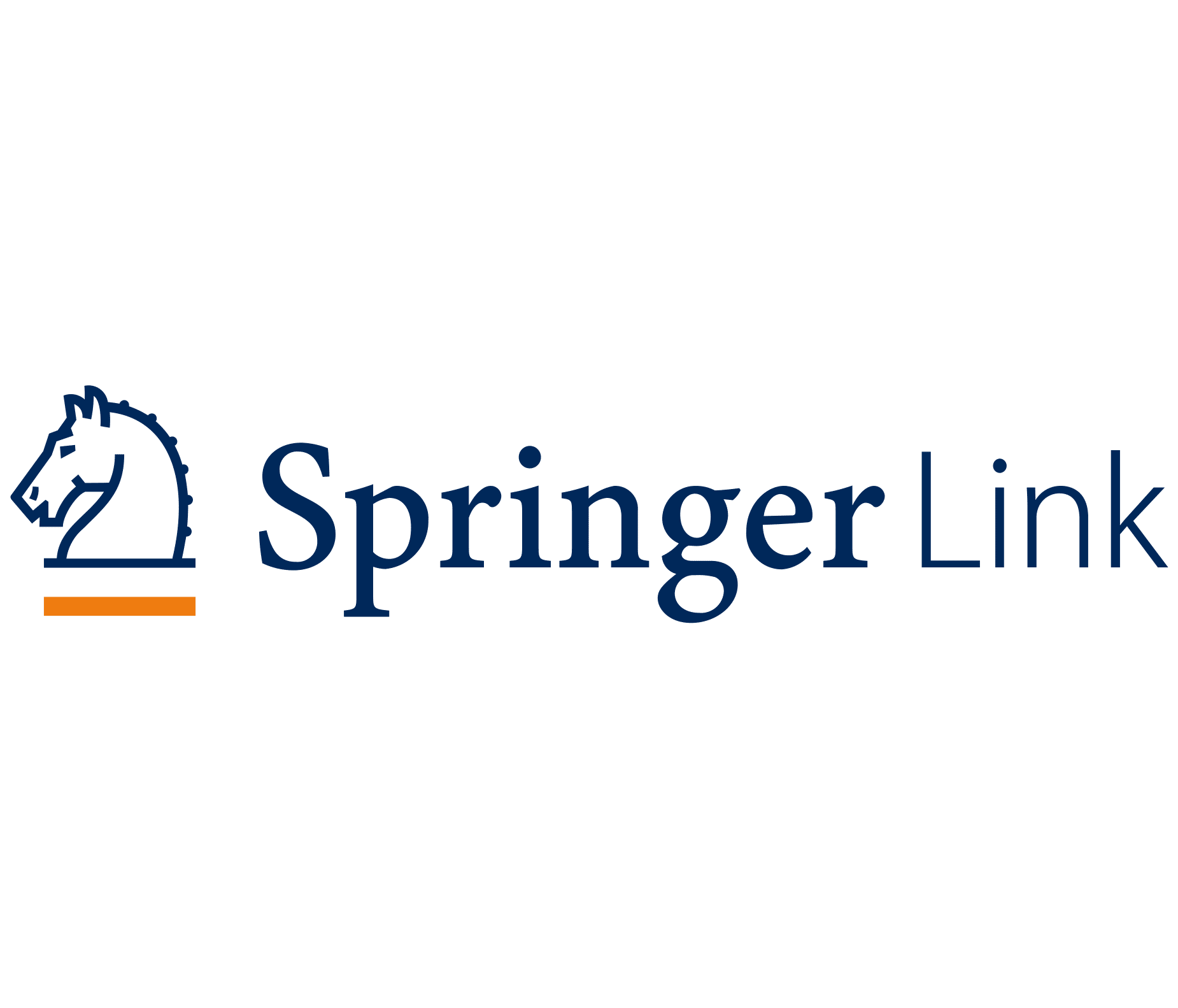
Conventional therapeutic approaches to mental health aim to use the traditional methods of challenging negative thoughts or reconditioning dysfunctional behaviours. Whilst this can be foundational to psychological health, mindfulness can also assist people to see the essential emptiness of their thoughts, feelings and sensations. By doing so it can become possible to see past them to their enduring and untouchable true nature.
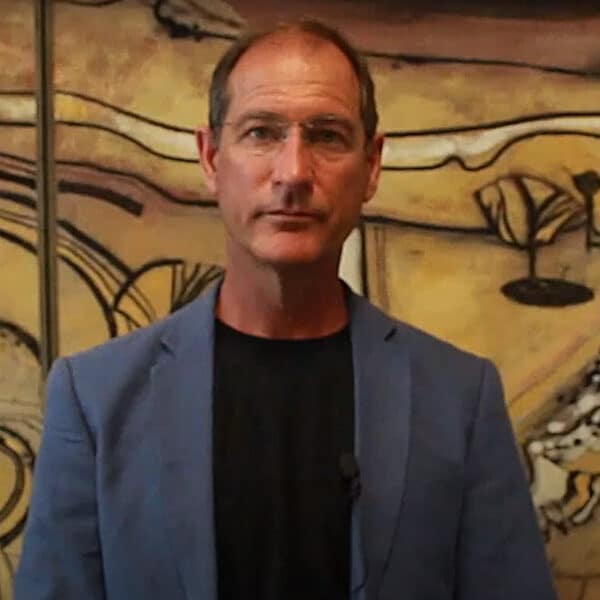


There is an experience beyond thoughts, feelings and sensations – an untouchable place of inner well-being. But to access this requires a commitment to embrace the hero’s journey, and effective tools to lead us past our normal attachments to pleasure and avoidance of pain, to the true nature of the self.
For many this is challenging, as we need to let go. To not rely upon the quality of our life conditions to generate our well-being. But rather see through and past our attachments, to our own nature, always relaxed and loving. Life beyond these attachments, may or may not be wildly successful, but we are free at last to experience the unchanging natural peaceful state of a human being. The question now moves from “Who am I?” to “What can I do with the time I’ve got left?”.
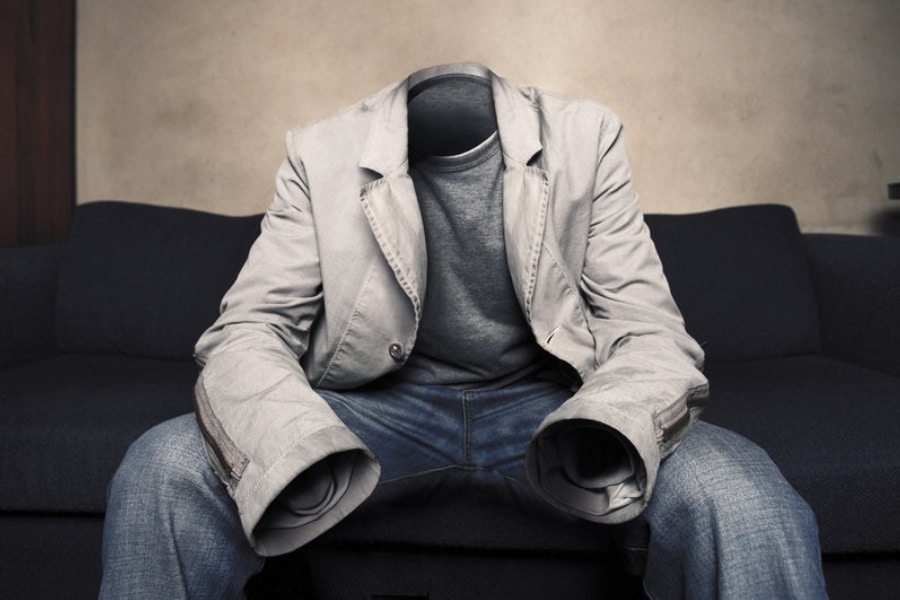
With the emergence of the science of heroism there now exists both theoretical and empirical literature on the characteristics of our everyday hero. I seek to expand this inquiry and ask what the causes and conditions of a superhero could be. To address this I investigate the origins of mindfulness, Buddhist psychology and the assertion that its practitioners who have attained expertise in mindfulness practices can develop supernormal capabilities. I then explore any evidence that mindfulness practices have unfolded the supernormal potential of its practitioners.
I found a growing base of empirical literature suggesting some practitioners exhibit indicators of enhanced functioning including elevated physical health and resistance to disease, increased immunity to aging and improved cognitive processing, greater resilience and fearlessness, more self-less and pro-social behaviors, some control over normally autonomic responses, and possibly some paranormal functionality.
I propose in search of the superhero, that if conventional mindfulness training can already augment mental and physical capabilities, a more serious inquiry and translation of its advanced methods into mainstream psychological theory is warranted.
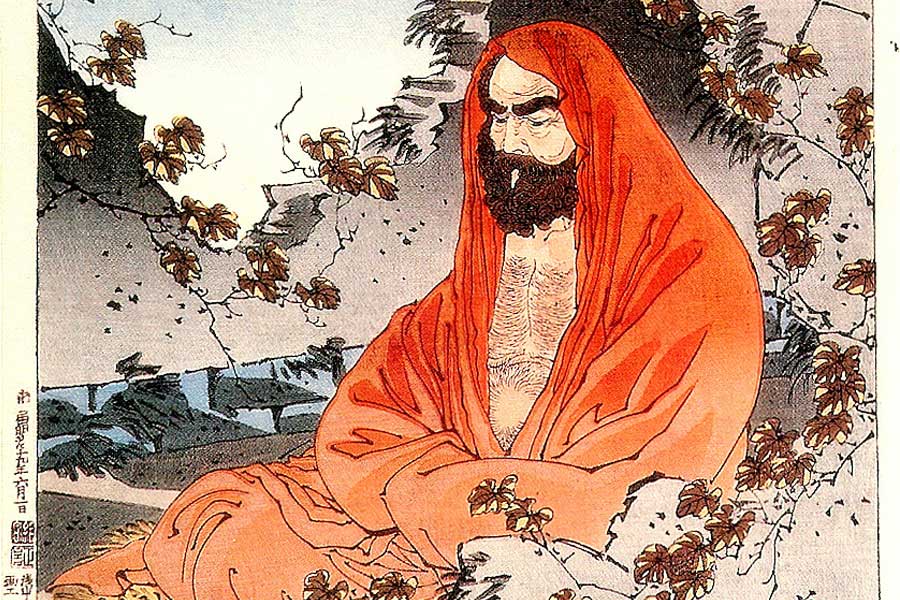
The field of mindfulness and the science of heroism have a common interest in the causes and conditions of selfless altruism though up to this point there has been little cross-pollination. However, there is increasing evidence that mindfulness training delivers heroically relevant qualities.
Interweaving observations and questions drawn from the science of heroism, the article explores the relevant theory, practices, and scientific outcomes of mindfulness. It finds that there is evidence that heroically relevant qualities are trainable with the suite of mindfulness techniques and that an enduring experience of selflessness and service of others (the enlightened hero) may well be within the grasp of the serious practitioner.

Very happy to be exploring in this article, the psychology of enlightenment. The goal is to extend the mainstream well-being paradigm to include uninterrupted well-being or enlightenment. It includes a deep dive into the ancient traditions behind mindfulness, the modern construct of well-being, and the latest evidence from neuroscience. You can read the full article in the APA journal Review of General Psychology: Mindfulness and Nondual Well-Being – What is the Evidence that We Can Stay Happy?
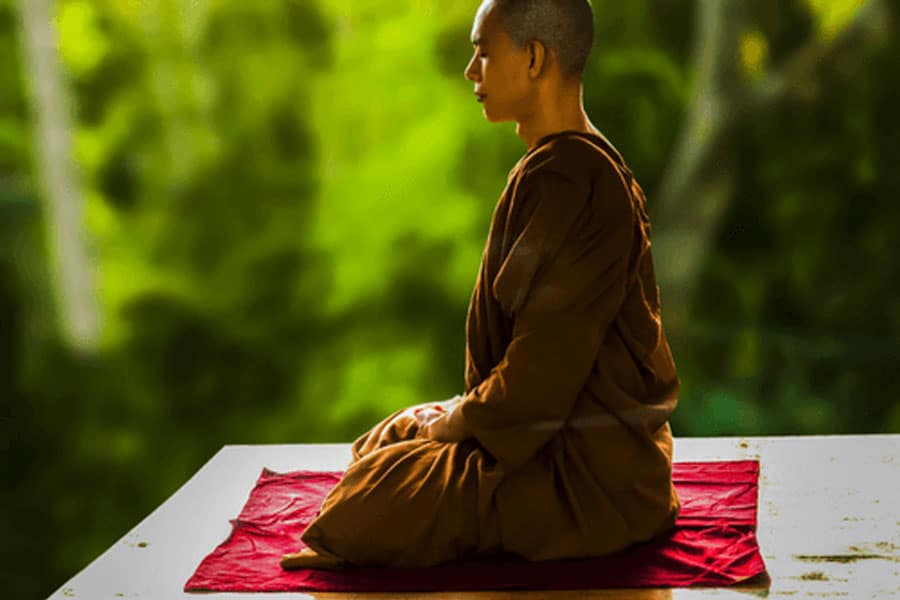
In this paper on the Mindfulness-based quality of life and well-being program (MQW), I present the results of the program I created to help people build the balance between external quality of life and internal well-being. The program highlighted the importance of getting this balance, and reported a significant impact on well-being versus the control group. You can find the link here.

The article lays out the construction, administration, and evaluation of the new Clinical Quality of Life Scale. It focuses on the combination of both mental state and important life areas like relationships, work, money, health, and leisure. The new scale is a tool for us to assess how well we are doing in achieving the balance between external quality of life, and internal well-being. It can be useful for both consumers and clinicians.
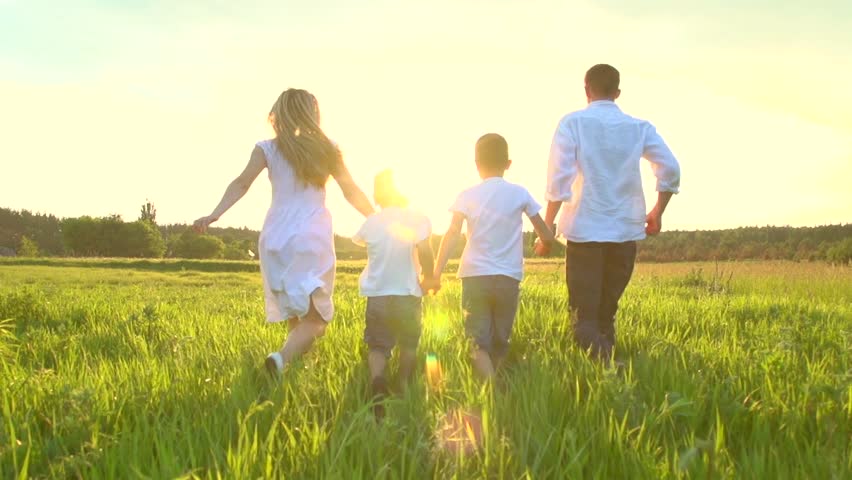
This article looks at the importance of including quality of life and well-being as a specific focus in therapy. It looks at ten domains (relationships, work, money, health, and leisure, mindfulness, self-esteem, resolution of past life events, mental style, and life management skills) and it is recommended that psychologists include some of these in their assessment, case formulation, and intervention planning.